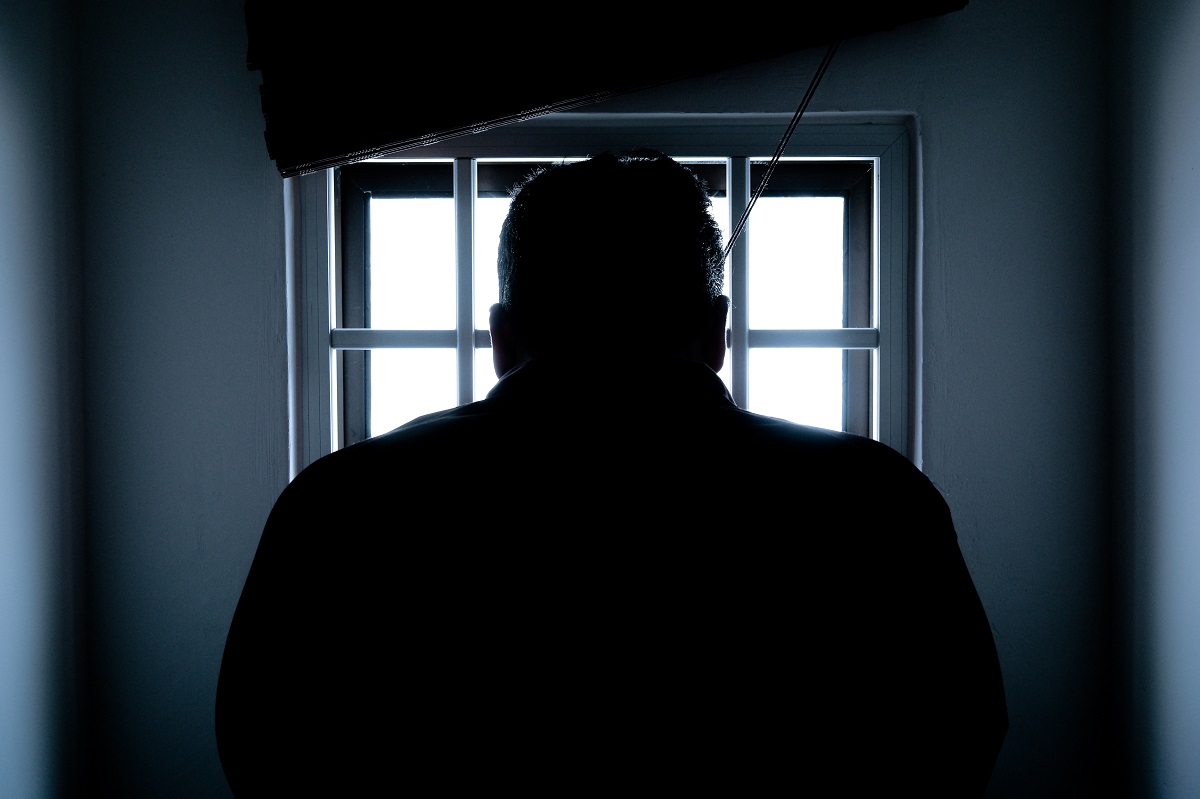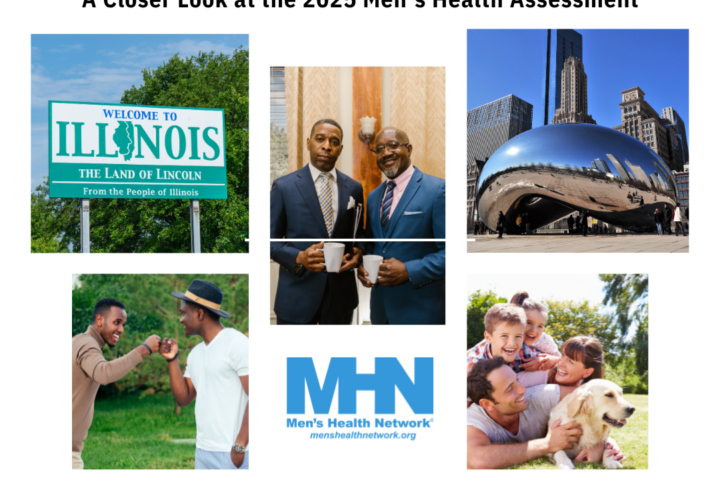The decisive victory for Proposition 4, restoring voting rights to 1.5 million ex-felons in Florida, is a big win for American democracy, yet the problems of 17-20 million formerly incarcerated Americans extend far beyond restoring their right to vote. The list is long: employer hiring bias, ex-felons’ lack of skills, poverty and homelessness, health and mental-health problems, difficulties making friends and finding housing, the dearth of good “re-entry” programs, the likelihood of substance abuse, and their frequent inability to reconnect with wives, children, and other family. Some states even prohibit ex-prisoners’ access to safety net programs and licenses to work.
Getting the vote is one thing, but getting a life can be impossible.
This is primarily a men’s problem, as about 90 percent of inmates are male. These men are very much on the sidelines of American life, and getting back on the playing field is extremely tough.
One ex-felon who I interviewed for my new book, Man Out, lives is a rundown New York boarding house above a school, where people sleep in the halls and showers. He has appealed his conviction for years. He told me that he has no friends and that his diabetes is “out of control.”
The “three strikes” and mandatory sentencing policies of the 1980s and 1990s have led to a level of mass incarceration not known in any other society. The numbers are chilling.
On average, about 2.2 million people are in U.S. prisons or jails and 11 million Americans are put behind bars each year, although most sentences are brief. Half of the nation’s 2 million male inmates are under 34. Roughly 40 percent of those who are incarcerated are black and a similar percent are white, but incarceration rates for African Americans are about five times higher than for whites. On any given day, 4 percent of all 18-to-29-year-old men, and 11.5 percent of high school dropouts in this cohort are incarcerated.
Upon release, most men who have served long sentences are given a pair of sneakers, a bus ticket, maybe $40 in cash, and have nowhere to go. Without jobs and social supports, a majority are re-arrested within a year of their release.
Another ex-offender recalled going on a job interview for an advertised position, only to be told, “We’re not really looking for someone.”
Being imprisoned takes a huge toll on inmates, and the nation’s 1,800 state and federal prisons, 3,200 jails, and 900 juvenile detention facilities are enormously costly to society. Incarceration also devastates the 2.7 million children who have a parent who is locked up. One-fourth of African American kids have had a father in prison by age 14. Many fathers, with no job and no money, fail to pay child support and go in and out of jail.
A man who was out of prison for 22 years and has a job said that, despite his relative good fortune, said: “I’ve had three failed relationships, and a lot of women don’t want to mess around with people who were formerly incarcerated.”
Compared to the $80 billion per year that the United States spends on incarceration, programs to help ex-felons integrate into their communities and not commit new crimes are woefully underfunded.
However, there are some promising initiatives that could be brought to scale. Some cities, such as New York and Los Angeles, are experimenting with one-stop re-entry centers for assistance with job training and employment, health and housing, and other needs. The Minnesota Comprehensive Offender Reentry Plan connects caseworkers in prisons with “supervision agents” in communities where prisoners are released. Another Minnesota program shown to reduce recidivism begins at least two months before a prisoner is released and continues for nearly half a year after release with case managers providing help with jobs and mentoring, housing and preventing domestic violence, setting “accountability goals.”
Employers are being encouraged to hire ex-felons through tax or cash incentives like the federal Work Opportunity Tax Credit and Philadelphia’s Fair Chance Hiring Initiative. And the job site Glassdoor has forbidden listings by companies that won’t hire ex-felons.
Giving formerly incarcerated people the right to vote is a great first step in helping these men truly get a second chance. If we don’t take these other steps, we will inevitably see more crime and victims, and more ruined lives of the less dangerous ex-felons who should be welcomed back into American society.




